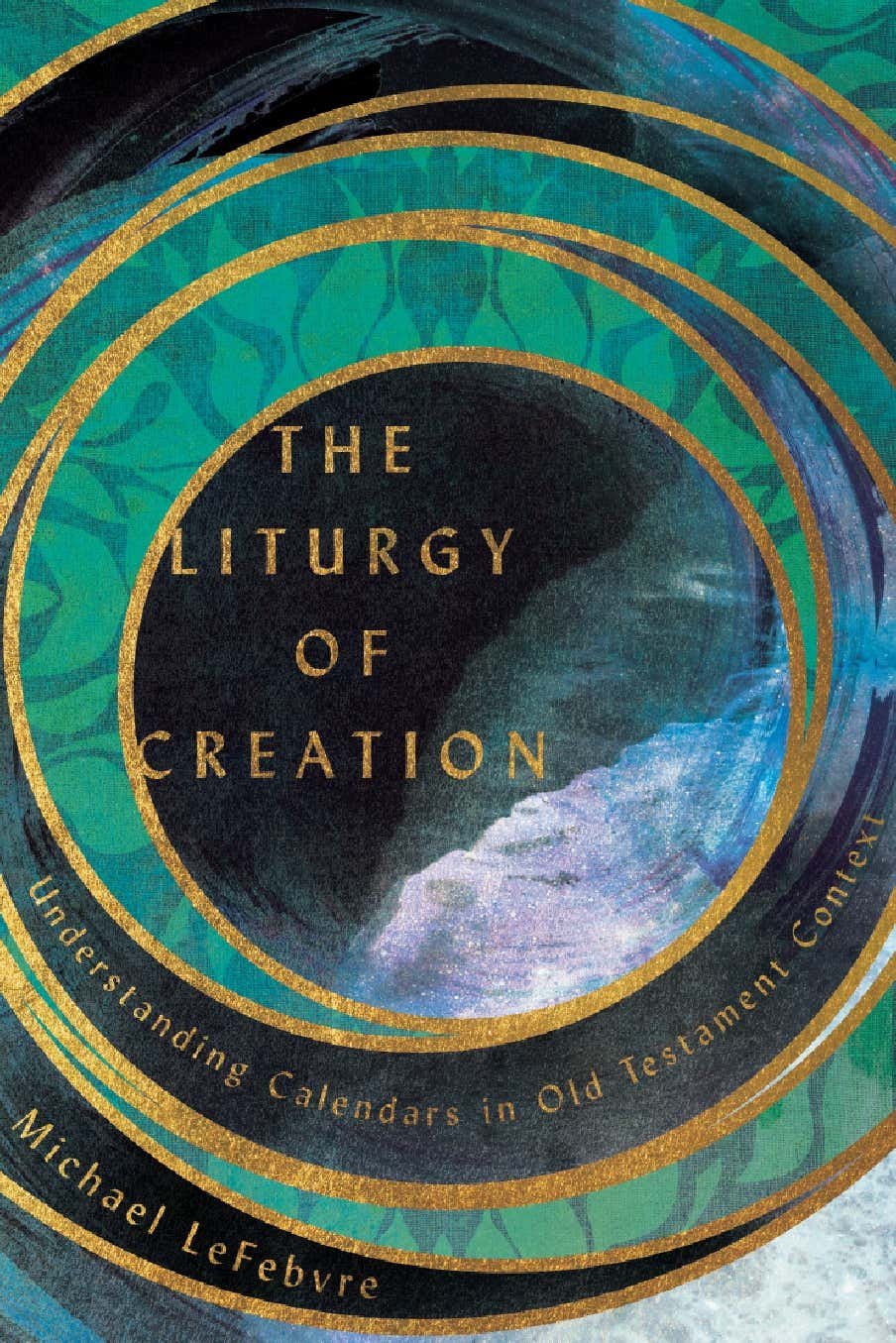A common objection evolutionists raise against biblical authority is the long lifespans attributed to people who lived in the age prior to the Great Flood during the third millennium B.C. Currently official figures indicate that human lifespans average around 80 years in developed countries and between 60 to 70 years in most undeveloped countries. It should be noted here that if deaths by abortion were included (as they should be), the real average lifespan of people in developed countries is actually closer to 65.
Nonetheless, the fact that we know this is still higher than lifespans had been on average in preceding centuries, as well as our scientific knowledge of how aging works, makes for a natural scepticism among the unregenerate regarding the book of Genesis’ claims regarding people living beyond the age of 900 (see Genesis 5). Of course, such scepticism is rooted in the presuppositional axiom of uniformitarianism (or gradualism), that is, the assumption that the same natural laws and processes that operate in our present day have always operated in the same way in the past. This is an unproven and non-demonstrable assumption, something which the Dutch Reformed philosopher Herman Dooyeweerd has shown to be one of those pre-scientific commitments taken on faith, but which are necessary to make science possible.[1]
Making such pre-scientific commitments of faith is thus inescapable for any theoretical thought, whether that pertains to science, history, or any other field of human knowledge. Nonetheless, the very presupposition of uniformitarianism is, at best, based in a faith-commitment to deism. After all, it precludes the possibility of a supernatural intervention in the history of the universe. In any theistic worldview, there would be no scientific problem with accepting the longevity of the lifespans of the people on earth prior to the Great Flood, since a rejection of the deistic faith underlying uniformitarianism would allow for the plausibility of different genetic, atmospheric, or geological conditions existing prior to the catastrophe of the Great Flood which allowed people to live more than ten times longer than we do today.
The acceptance of the authenticity of the biblical record regarding the longevity of early human lifespans is also integral to understanding the passage this article wants to focus on, namely Genesis 6:3, where, prior to announcing his judgment, God says:
My Spirit shall not strive with man forever, for he is indeed flesh; yet his days shall be one hundred and twenty years. (NKJV)
A majority of biblical commentators hold that the 120 years referred to in this verse refers to the time God granted to the godless people who lived during the time of Noah to repent from their sins and be saved, and that it is not about human lifespans at all. However, in Genesis 5:32 it is noted that Noah was 500 years old when his sons were born, while Genesis 7:6 notes that he was 600 years old when the flood came over the earth, with the announcement of the judgment itself only occurring after his sons had been old enough to have already been married (Genesis 6:18). Therefore, it is unlikely that there would have been any more than 70 years between God announcing his judgment and the actual coming of that judgment.
That this divine proclamation refers to human lifespan rather than a set time granted for repentance is also evident from the context of the passage: the entire preceding chapter consists of a genealogy of all the generations from Adam unto Noah, which expressly mentions all of their lifespans, which is then followed by the verse in question which connects their wickedness to God shortening human lifespans. And in fact, one of the providential changes brought about by the virtue of the divine intervention of the flood was to gradually bring the average human lifespan down from approximately nine centuries to just over one. Indeed, the biblical account of the lifespans of generations after the flood confirm this. The patriarch, Jacob, for example lived to be 147 years old (Genesis 47:28). Although Moses himself lived to see the very ripe age of 120 (Deuteronomy 34:7), during his lifetime the average life expectancy had already decreased to between 70 and 80 years (Psalm 90:10)—very similar to what it is today.
There is, however, a distinct difference between God’s proclamation with regard to bringing human lifespan down to 120 years and Moses’ observation that the average human lifespan is between 70 and 80 years. The former amounts to a divine ordinance, where the latter is simply an observation of a biological phenomenon in Moses’ historical context.
The question then remains why our average expectancy today, even with all the advances of modern medicine, is still just over half of that which God ordained it to be after the flood? After all, we have no reason to believe that there have been any significant divine interventions since the flood and, more importantly, most certainly no divine proclamations regarding any changes with regard to human lifespans.
To answer this question, I believe the divine proclamation of Genesis 6:3 needs to be understood in terms not only of its historical, but also its covenantal, redemptive, and eschatological significance.
Yes, the shortened lifespan can and should be understood as a punishment for the sinfulness of the humanity prior to the flood, and it is unquestionable that Noah and his family understood this to be the case. However, it must also be taken into consideration that the very same author of Genesis, Moses, was also the one who made the observation in Psalm 90:10 that the average lifespan is between 70 and 80. The significance of this Mosaic observation is identified by the biblical commentator Matthew Poole as emphasizing not only the brevity of our earthly life itself, but also the sinful condition of the people of Moses’ time in terms of “how much mankind was now sunk below their [pre-flood] ancestors, who commonly lived many hundreds of years.”[2]
However, this is only partially true. Given that there had most probably been significant atmospheric, geological, and genetic changes following the flood which changed the world so significantly that living for nine centuries is now physiologically impossible, and given the fact that Moses, as the author of Genesis was well aware of the divine proclamation in Genesis 6:3 which reduced human lifespan, it is more likely that Moses was amplifying how mankind was now sunk below their post-flood ancestors, who typically enjoyed a life expectancy of around 120 years.
In comparing Scripture with Scripture, Psalm 90:10 clarifies the redemptive and eschatological significance of Genesis 6:3 not only as a curse, but as a covenantal promise. The fifth commandment, which the apostle Paul rightly calls “the first commandment with a promise” (Ephesians 6:2), namely that “your days may be long upon the land which the Lord your God is giving you” (Exodus 20:12; Ephesians 6:3), needs to be understood within the framework of Genesis 6:3. In other words, the long life that God promises his people as covenantal reward for obedience to his command is to be interpreted and recognized as entailing something closer to 120 years as opposed to 950 years.[3]
Yet with the exception of a handful of people, virtually no one on earth currently reaches the age of 120, and life expectancy is closer to half that. However, as the knowledge of God and his creation increases over the course of history (Numbers 14:21; Isaiah 11:9; Daniel 12:4; Habakkuk 2:14; 1 Corinthians 15:22-26) and God gradually redeems all aspects of creation through Christ (Colossians 1:20), we can expect average life expectancy to rise closer to 120 in future. This is because increased knowledge of God necessarily entails increased obedience to God, and since God sovereignly creates and rules all things, increased knowledge of human health, medicine, hygiene, and diet, and the beneficial use thereof for mankind can only truly excel and reach its full potential within a framework of love and obedience to God and his law. All true knowledge and understanding comes from God (Proverbs 2:6), which entails that as true knowledge of the nutritional and medicinal needs of mankind is increasingly applied in obedience to God, we can also expect life expectancy to increase. Thus, the reason why we have not yet reached an average life expectancy of 120 as God has proclaimed for his covenantal subjects, is itself the result of apostasy and rebellion against his commandments and sovereignty, which hinders human progress and increased scientific understanding of God’s creation.
The resurrected Christ sovereignly reigns, conquering his enemies throughout history until its fulfilment in his victory over the final enemy, death (1 Corinthians 15:26). And as that final victory approaches, we can expect that, as Christ’s Kingdom continues to expand and the blessings pertaining to that Kingdom continue to increase (Psalm 22:27-29), human lifespans continue to increase in accordance with the divine ordinance and proclamation of Genesis 6:3.
[1] Herman Dooyeweerd, De wijsbegeerte der wetsidee. Boek I: De wetsidee als grondlegging der wijsbegeerte (Amsterdam: H.J. Paris, 1935), 21, 24.
[2] Matthew Poole, Commentary on the Whole Bible, Psalm 90:10.
[3] Scripture teaches us that God’s covenantal promises are primarily directed at nations and to his church as corporate body (Genesis 22:18; Jeremiah 31:30-33). Therefore this promise should not be understood in the sense that every individual who obeys and respects his parents would necessarily live longer than every individual who does not.
Dr. Schlebusch is a historian, philosopher, and theologian from South Africa. He holds two BA degrees (theology and Latin) and a Master’s degree in philosophy from the University of the Free State. In 2018, he graduated with a PhD from the Faculty of Theology and Religious Studies at the University of Groningen in the Netherlands.











